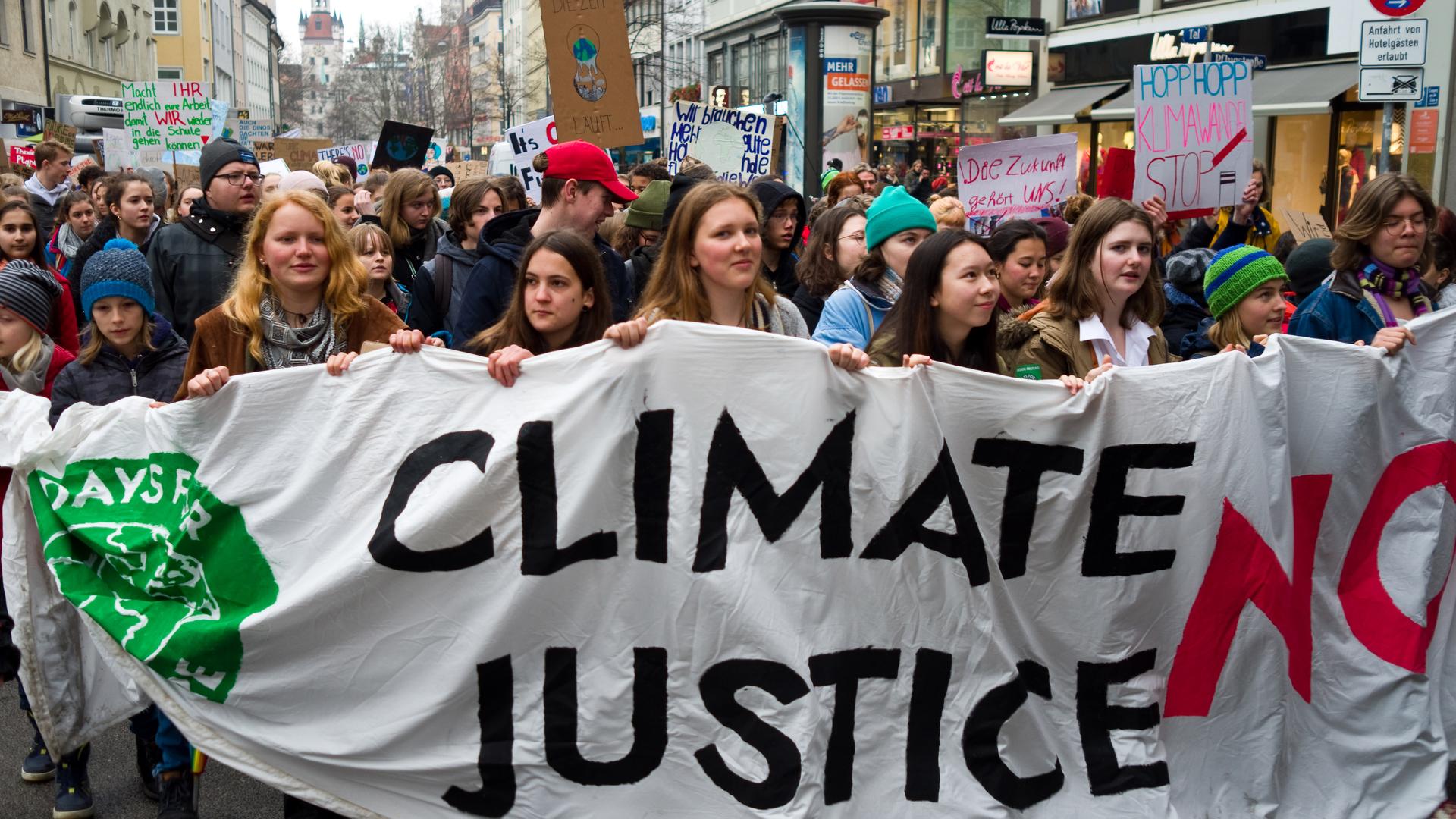How European kids are schooling politicians on climate change
Schoolchildren in Germany and elsewhere have been racking up unexcused absences to push for stronger action on the climate crisis as part of the Fridays for Future campaign. Nationwide protests are scheduled for the US on Friday, March 15.
Dhanya Reitschuster didn’t want to cut class this Friday — or last Friday or the one before. “I personally really like my school,” said Reitschuster, 15. “If they would listen to us, then we wouldn’t [have] to be here.”
“They” are world leaders, who, since signing the Paris Accord in 2015, have failed to make headway in reducing carbon emissions to slow global warming. And by “we,” she means the roughly 500 middle- and high-schoolers protesting with her in downtown Munich on a drizzly winter morning, and the thousands of kids doing the same in cities across Germany and Europe. For weeks now, they’ve been racking up unexcused absences on Fridays because they’re afraid for the planet’s future.
“Why should we go to school when our world is broken in 50 years?”
“Why should we go to school when our world is broken in 50 years?” asked Amanda Schliewen, 14, marching with Reitschuster and a group of friends from a Munich Montessori school.
Romy Karolus, 14, says adults in power have betrayed them. “They always say that they love us, but they didn’t care about our future.”
The school strike movement known as Fridays for Future began in August 2018 when Swedish high school student Greta Thunberg started skipping school on Fridays to picket the Swedish parliament for climate action. Her school strike picked up attention on social media, and over the months since then, increasing numbers of European schoolkids have followed her lead.

Large majorities of Europeans believe climate change is a serious problem and that governments need to take action. But skipping school to say so has been controversial.
Last month, British Prime Minister Theresa May’s office scolded striking kids in the United Kingdom for wasting teachers’ time. A Belgian environment minister accused Belgian school strikers of being manipulated by shadowy, outside powers (she resigned soon after). One student in Munich said his high school has moved all their tests to Fridays. And more than a dozen students who spoke to a reporter at a recent march said they were going to get in trouble for being there.
Despite the pushback, the protests have been growing, with tens of thousands of kids taking part in Europe, alone. A worldwide strike is planned for March 15, with more than 1,000 marches planned in 89 countries, according to organizers. The striking students are getting new support from parents, teachers and scientists who say: They’re right.
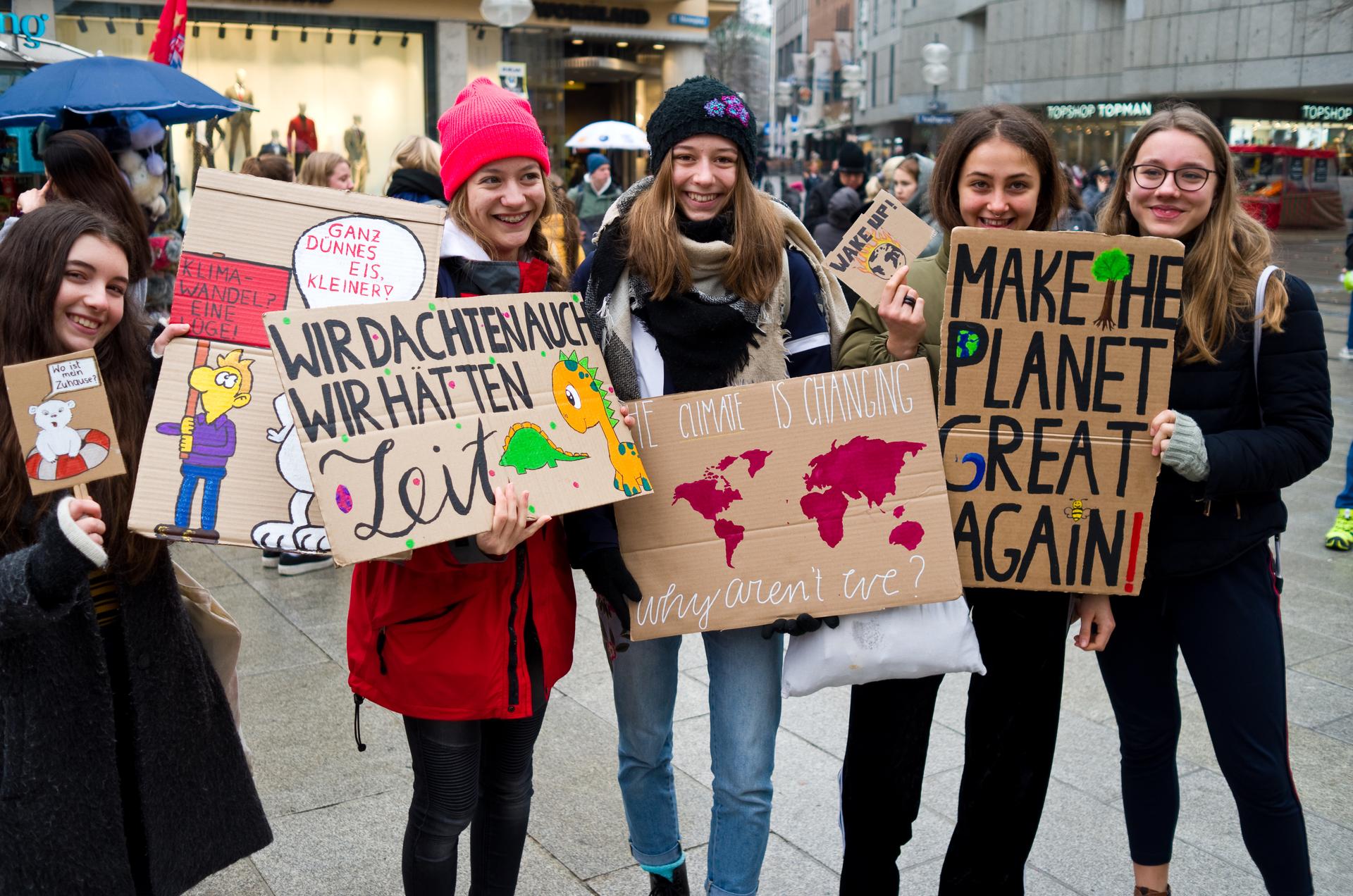
“Younger people are seeing with absolute clarity the real problem that this planet faces,” said professor Joy Carter, vice-chancellor of Winchester University in the UK, and an environmental geochemist. She’s one of thousands of European scientists and academics who have signed letters in support of the striking students.
“We’re already seeing wildfires, increased temperatures, water shortages; already these major effects are with us. Politicians have to wake up, and governments need to do that. And young people are a catalyst for change.”
“We’re already seeing wildfires, increased temperatures, water shortages; already these major effects are with us. Politicians have to wake up, and governments need to do that. And young people are a catalyst for change.”
Dr. Bart Verheggen, a climate scientist at Amsterdam University College, says schoolchildren “make a very strong moral appeal” to political leaders. While he hasn’t signed a letter in support of the kids, he says their call for much greater emissions reductions than the world has achieved so far makes a strong point.
“The thinking is usually that children should be in school to learn from the adults. But that does not mean necessarily that it cannot be a two-way street. There is a lot that adults can learn from children.”
Their science lesson is pretty simple. “We want you to follow the Paris Agreement and the IPCC reports,” Thunberg told an audience of European politicians and civil society representatives in Brussels on Feb. 21. “Unite behind the science. That is our demand.”
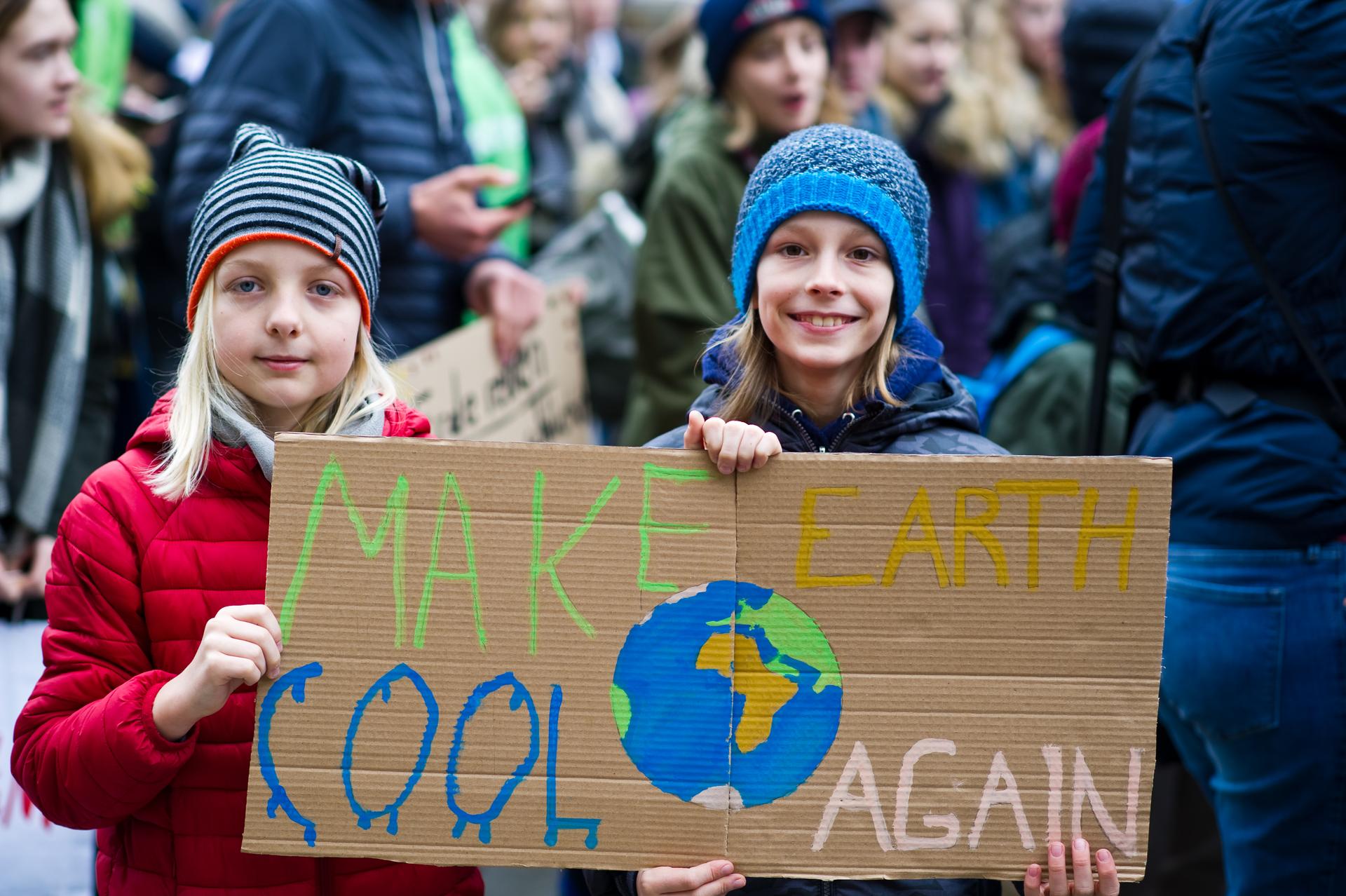
Faced by overwhelming scientific consensus on the urgency of climate change, governments agreed three years ago at the UN climate conference in Paris to take action to try and limit global warming. But in practice, that means making politically unpopular changes, like drastically reducing carbon emissions by cutting way back on society’s use of fossil fuels like coal and gasoline. Many politicians have been unwilling, or unable, to follow through.
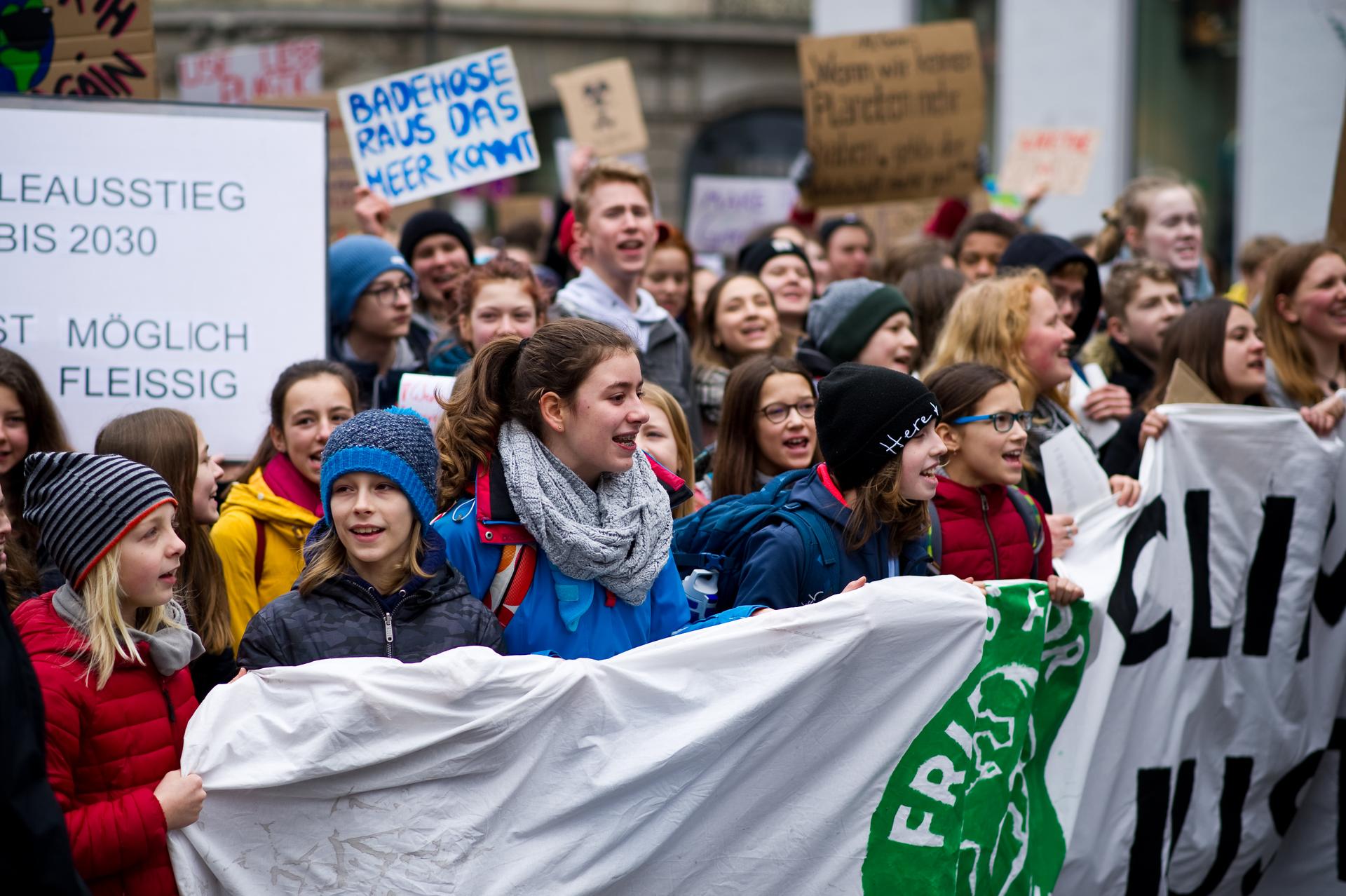
Fridays for Future wants them to get back on track. By cutting class, they’ve captured the spotlight, and now politicians are the ones getting schooled.
“Politicians don’t want to talk to us? Good. We don’t want to talk to them, either. We want them to talk to the scientists,” said Thunberg.
Some politicians are listening to both. In a speech alongside Thunberg, European Commission President Jean-Claude Juncker said the EU should step up its efforts and dedicate a quarter of its budget to fighting climate change.
German Chancellor Angela Merkel dedicated a recent, weekly podcast to climate action, and said she supports the strikers. But Merkel herself has struggled to move as quickly as many say she needs to. In the same message, she told students unhappy with the pace of her government’s coal phaseout plan that its 20-year timeline is the best she can do.
Many climate activists say that’s too slow. The latest UN climate science report warns that without drastic action, it might only take 11 years for the Earth to cross the dangerous warming threshold of 1.5 degrees Celsius. The clock is ticking.
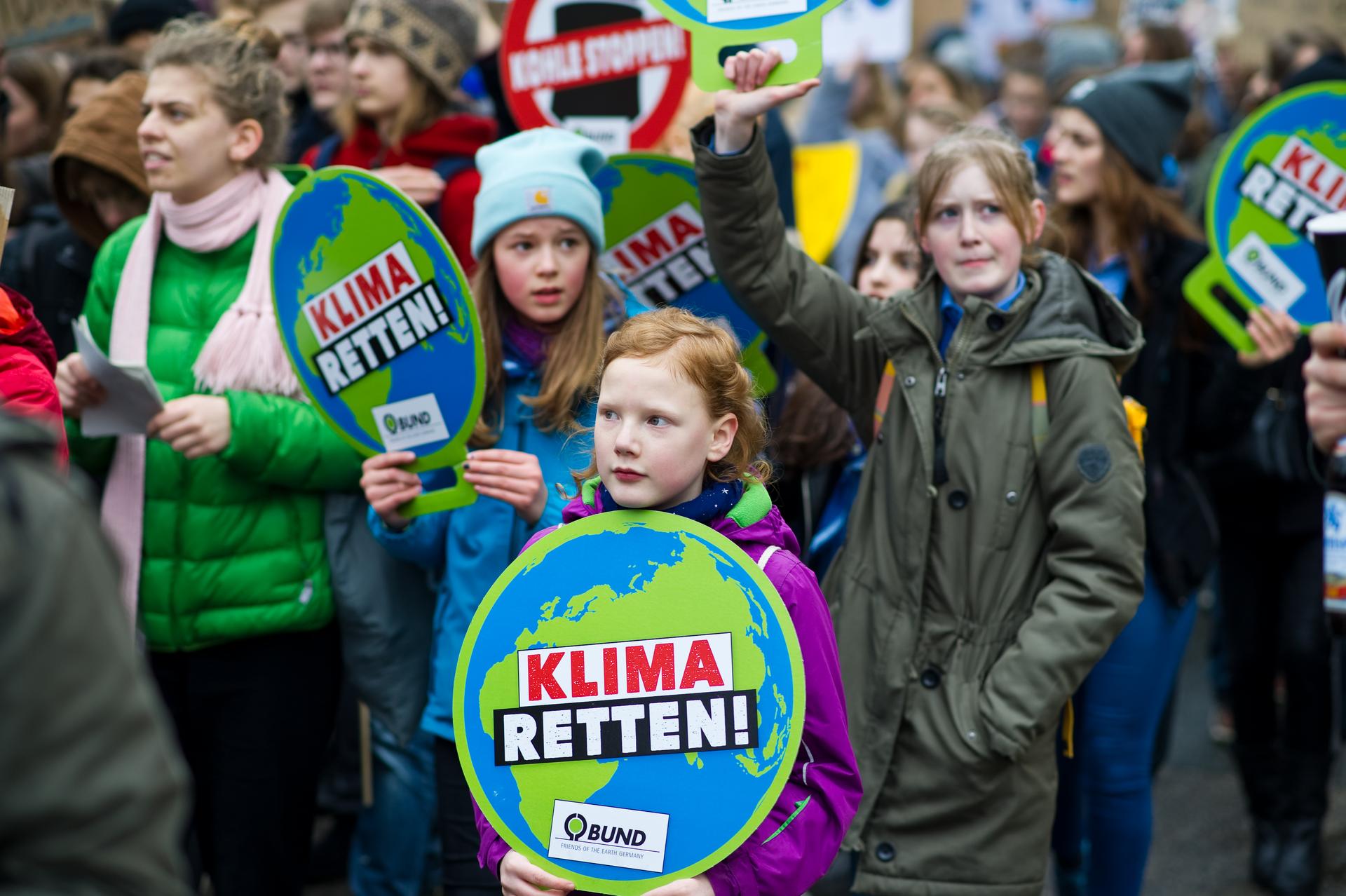
And that’s where Fridays for Future’s future becomes hard to predict.
Over a few months, kids have shown they can rally by the thousands, capture headlines and spark public debate. But if the weight of scientific consensus hasn’t managed to spur policymakers to difficult, drastic action, how can a bunch of class-cutting teenagers?
The answer may be in the march of time itself. Because no matter what action governments take now, in a few years, Greta Thunberg and the rest of the school strikers will be old enough to vote — and run for office themselves.
